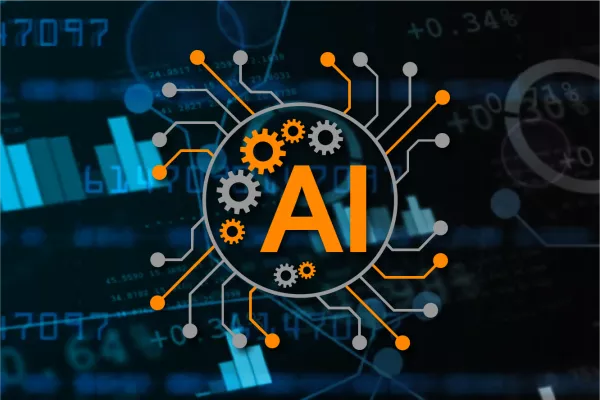In the modern digital economy, data is everything. But data is only valuable if you can use it effectively. For years, businesses have relied on manual data integration—a tedious, time-consuming, and error-prone process of stitching together information from different systems. This is the world of endless spreadsheets, complex scripts, and constant maintenance. As your business scales, so do the risks: misplaced values, data mismatches, and lagging updates that lead to missed opportunities.
If your team is spending more time wrangling data than analysing it, it's time for a change. Traditional methods simply can't handle the volume, velocity, or variety of data today. It's time to stop integrating and start elevating your data with Artificial Intelligence.
The Limitations of Legacy Systems
Most legacy data integration tools were not built for the modern era. They struggle to handle the explosion of data sources from CRMs, analytics tools, social media, and IoT devices. Adding a new platform can take weeks, creating bottlenecks that stifle growth. These systems require significant human oversight, increasing operational costs and pulling your team away from strategic work.
Top Benefits of Moving to an AI-Powered Approach
Drastically Improved Accuracy: Human error is the bane of data processing. A single misplaced field or incorrect mapping can have significant downstream consequences. AI minimises these risks by learning data patterns and automating error detection. It doesn't just move data; it cleans and validates it.
Real-Time Data Processing: In business, timing is critical. While traditional methods can take hours or days to process new data, AI-powered platforms do it in real time. For logistics, finance, or e-commerce, this means having up-to-the-minute information to make instant, informed decisions.
Significant Cost and Time Efficiency: Time is money, and AI saves both. By automating data integration, you reduce manual labour costs and free up your team to focus on high-value strategy. Instead of building custom connectors for every new tool, you can rely on AI to adapt quickly, lowering IT overhead and creating a more agile business.
Smarter Decision-Making: Once your data is unified, the real work begins. AI acts as a magnifying glass, interpreting your data to reveal trends, anomalies, and opportunities that would be impossible to find manually. It turns raw data into powerful, actionable insights that drive your business forward.
AI is no longer a futuristic buzzword; it's a practical tool for competitive advantage. By automating the mundane, you empower your team to achieve the extraordinary.
Ready to transform your data processes?
Explore our AI Integration services and learn how Qdos can build a smarter, more efficient future for your business.







